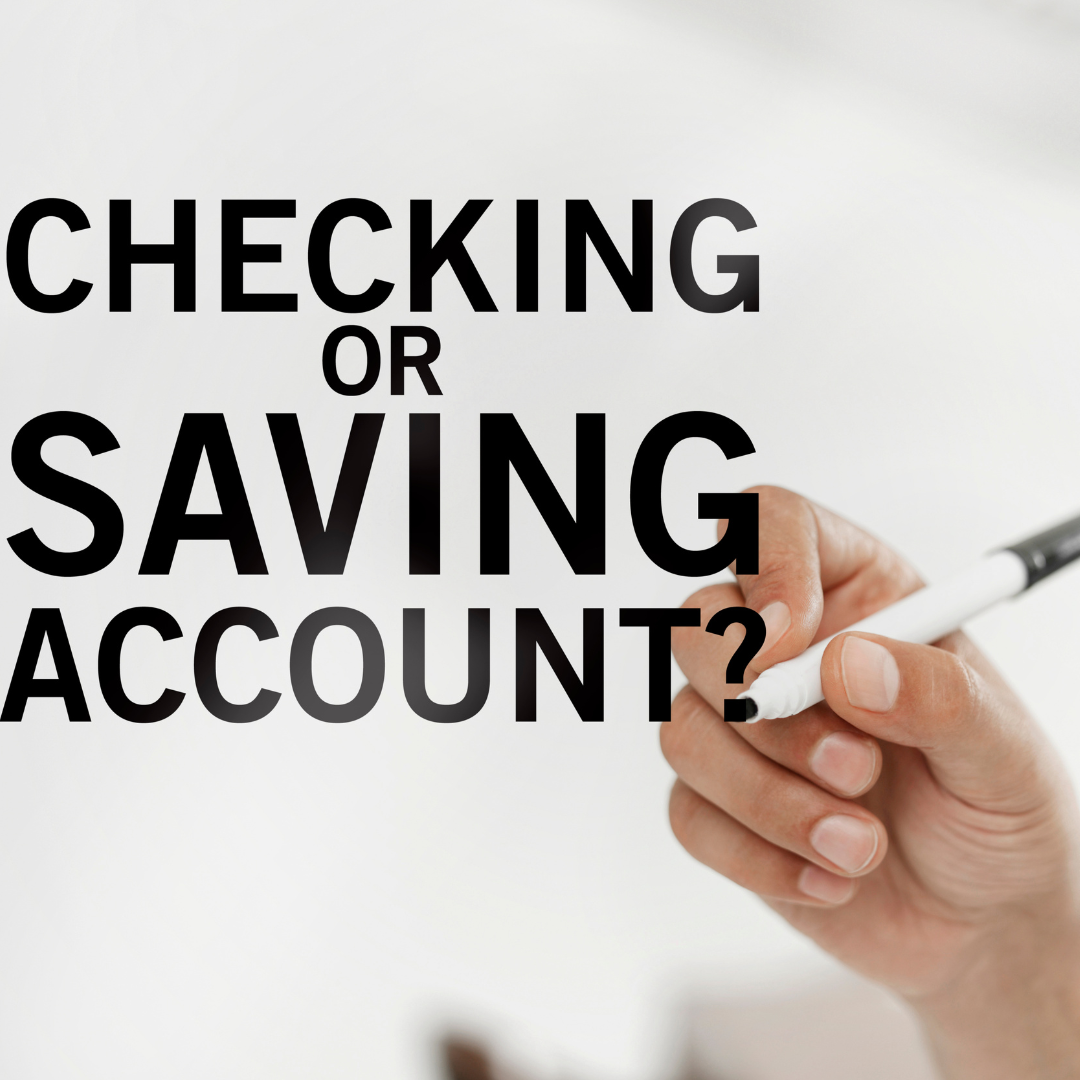What are mortgage reserves?

Short Answer:
Mortgage reserves refer to the funds that a borrower have after closing on a mortgage. These reserves are typically measured in terms of the number of months' worth of mortgage payments (including principal, interest, taxes, and insurance + any HOA or condo fees) that the borrower has available in liquid assets. Lenders require mortgage reserves to ensure that the borrower has sufficient financial stability to cover mortgage payments in case of unexpected financial difficulties.
Longer Answer:
For many homebuyers, before putting an offer on a house, they are concerned about two numbers. First, the monthly estimated mortgage payment. Second, the cash needed for closing (down payment + closing costs). For some mortgages, a third number is important: mortgage reserves.
What are Mortgage Reserves?
Mortgage reserves refer to the funds that a borrower has left over afte the down payment and closing costs for the purchase of a home. These reserves are typically measured in terms of the number of months' worth of mortgage payments (including principal, interest, taxes, insurance and any hoa or condo fee) that the borrower has available in liquid assets. Essentially, mortgage reserves are a safety net that demonstrates to lenders that you have the financial means to cover your mortgage payments in case of unexpected financial difficulties.
Why Mortgage Reserves Matter
- Financial Stability: Mortgage reserves provide lenders with assurance that you have a financial cushion to fall back on if your income is reduced or eliminated. This reduces the risk of default, making you a more attractive borrower.
- Loan Approval: Having sufficient mortgage reserves can be a critical factor in getting your loan approved, especially if you have other risk factors such as a lower credit score or a higher debt-to-income ratio.
- Better Loan Terms: Demonstrating strong financial reserves can sometimes open up additional mortgage options and help you secure better loan terms, such as a lower interest rate.
How Mortgage Reserves Are Calculated
Mortgage reserves are typically calculated in terms of the number of months' worth of mortgage payments you have in reserve. For example, if your monthly housing payment (mortgage + hoa or condo fee) is $3,000 and you have $18,000 of money after your down payment and closing costs, you would have six months of reserves. ($18,000/$3,000 = 6)

What types of assets that qualify as mortgage reserves?
- Checking & Savings Accounts: Funds in checking & savings accounts are the most straightforward form of mortgage reserves.
- Money Market Accounts: These accounts are considered liquid and can be used as reserves.
- Certificates of Deposit (CDs): Depending on the terms, some CDs may qualify as reserves.
- Stocks or Bonds: These accounts are considered liquid as well. Some lenders may only allow 60% or 70% of the value to be used towards reserves to account for market swings.
- Life Insurance Policies: If the life insurance policy has a cash value, many lenders will allow this to be used for reserves.
- Retirement Accounts: In some cases, a portion of retirement accounts like 401(k)s or IRAs may be considered, but this varies by lender. The retirement account must allow for withdraws outside of death or termination of employment for them to be counted.
How Much Is Required?
For most mortgages, reserves will not be required unless you own other real estate. However, having mortgage reserves may strengthen your overall application.
If mortgage reserves are required, the amount needed can vary based on several factors, including the type of loan, the lender’s policies, and your overall financial profile (do you own other properities? are you a first time homebuyer? etc). In general, the amount of mortgage reserves needed is between 6 to 12 months of your new housing payment.
Conclusion
When applying for a mortgage, one of the key factors that lenders consider is your financial stability. Mortgage reserves are an essential aspect of the mortgage approval process, serving as a financial safety net that reassures lenders of your ability to make mortgage payments even in times of financial stress.
Always consult with your lender to understand their specific requirements for mortgage reserves and how they apply to your unique financial situation. Being well-prepared can make the home-buying process smoother and more successful.
—
These blogs are for informational purposes only. Make sure you understand the features associated with the loan program you choose, and that it meets your unique financial needs. Subject to Debt-to-Income and Underwriting requirements. This is not a credit decision or a commitment to lend. Eligibility is subject to completion of an application and verification of home ownership, occupancy, title, income, employment, credit, home value, collateral, and underwriting requirements. Not all programs are available in all areas. Offers may vary and are subject to change at any time without notice. Should you have any questions about the information provided, please contact me.


